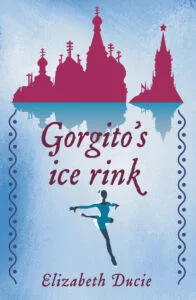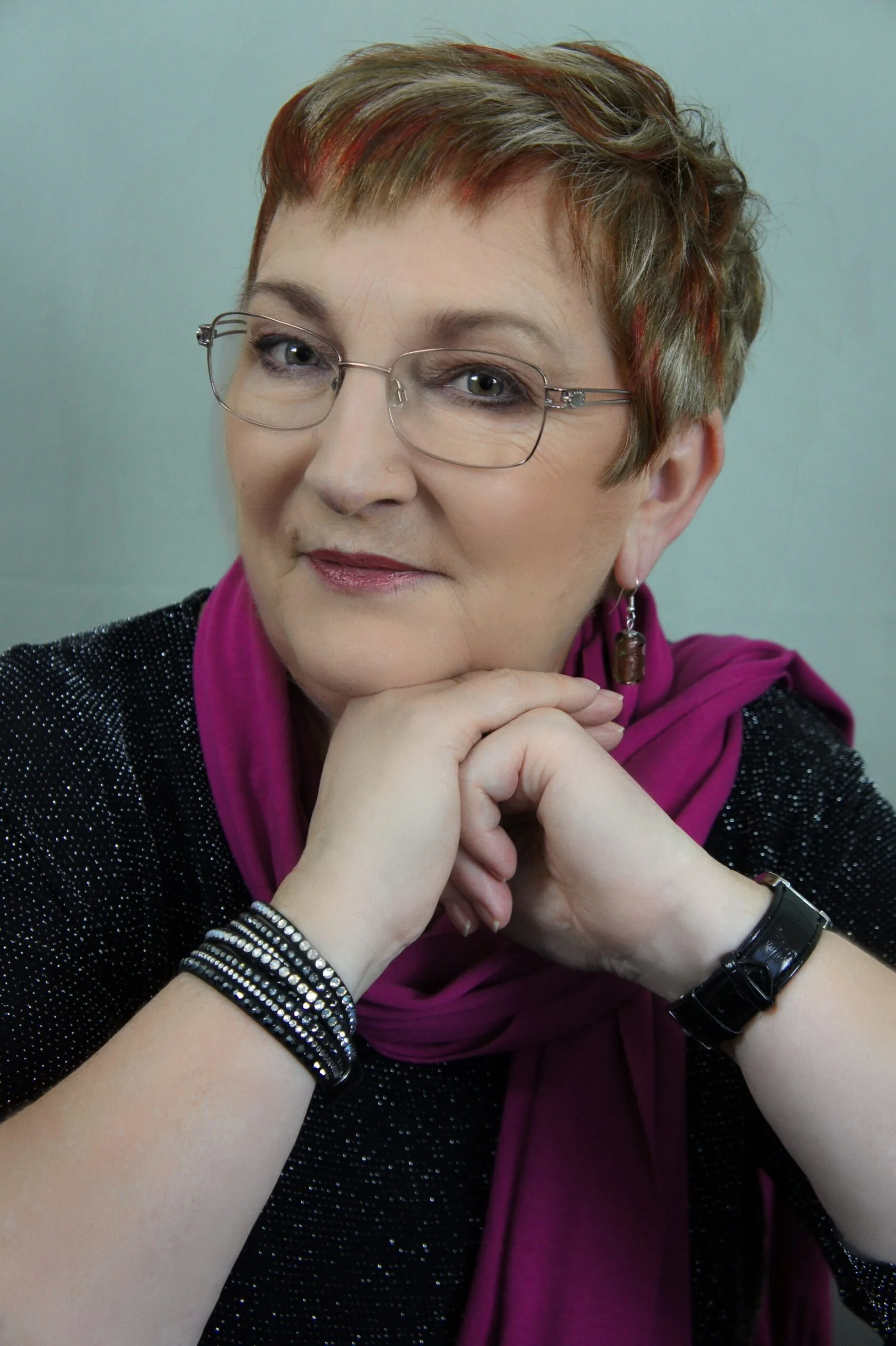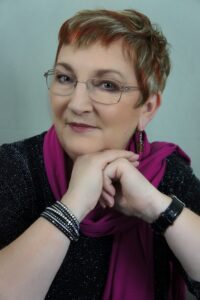Elizabeth Ducie – getting the best of both worlds
“Write what you know” is a classic piece of writing advice that authors – especially indie ones – love to debate. Wouldn't it be better to write about what interests and excites you? Or what you'd like to know about – and for which you can justify that dream research trip? Or is it the fiction writer's prerogative to make it all up, which precludes needing to know anything at all? Elizabeth Ducie shares her experience of changing her mind on this issue, and explains why she's not looking back.
Before I ‘gave up the day job’ to write fiction full-time, I worked in the international pharmaceutical industry,with governments to set up appropriate control systems and with manufacturers to help them implement those controls. In more than thirty years, I interacted with hundreds of people, in dozens of organisations, in more than fifty countries.

What I know – the pharmaceutical industry, in which I have 30 years' professional experience
I had a number of pharmaceutical textbooks published over the years, and these are still available on under my married name of Kate McCormick. So when I started the creative writing – and for several years, the two activities overlapped – I decided I needed a pen name to prevent scaring off potential readers. Elizabeth is my middle name and Ducie was the name I was born with, so it was just a short step to take.

Elizabeth Ducie's debut novel
Of course, there was a slight problem in that most of my contacts were also in pharma, so in order to encourage them to buy my books, I had to ‘break cover’, but by and large, I managed to keep the two personae separate. Many of my short stories are set outside the UK, and my first novel Gorgito’s Ice Rink is based in a factory in Russia, but that’s really incidental to the story. When I talk to groups such as WI or U3A, I talk about my travel experiences and my writing, but I have steered clear of my working life.
Until now…
My next novel is the first of three thrillers set firmly in international pharma. It’s a story that’s been buzzing around in my head for some years and has finally insisted on being heard. And with publication due in less than six months, I’m working on my promotional planning, including making overtures to local radio. This was something I knew I had to do, even though the idea of talking to a total stranger in the presence of countless others without a prepared script was rather daunting to someone who is naturally rather shy and tongue-tied.
During February I spent a week as the guest presenter on Pause for Thought on BBC Radio Devon’s Early Show. My theme was lessons I had learned during my international work – along the lines of travel may broaden the mind, but multicultural working blows it a mile wide!
I touched on experiences in Russia, in Africa and in Europe; and suddenly I found myself with lots to say; plenty of experiences to relate; and opinions to give. Each morning the slot became longer as the presenter and I found so much to chat about. When you write (or talk) about what you know, there is limitless material.
Why Only Now?

One of Elizabeth Ducie's non-fiction books
Thinking back, this is a lesson I should have learned much earlier. Although I’ve been writing and publishing for many years, I believe I still have a lot to learn about creative writing and would not presume to teach this subject.
But on the other hand, I have occasionally written about my experiences with self-publishing, as that side of the industry is developing all around us and to a certain extent we’re all learning together. And as business owner for more than twenty years, I do know a lot about finance systems for writers and have written the odd book or two on that subject.
And now, with my sudden realisation that thirty plus years in one industry does make me an ‘expert’ of sorts, I think I’m going to be talking and writing about that subject a whole lot more in the future.
OVER TO YOU What's your take on that classic piece of advice to “write what you know”? Join the conversation!
Writing: Why You Should Write What You Know – Yes, Really! Share on X






[…] Writing: Why You Should Write What You Know – Yes, Really! […]
Write what you know can be interpreted tow ways. Only write about first hand experiences or make sure you know what you are writing about by research. I only write historical fiction so must rely on research – if I can I visit the places but otherwise use travel books etc.
An interesting post – thanks.
Good point, Fenella. There are lots of different ways of knowing.
Because i write novels set in medieval times, what makes sense is for me to research as much as I can of my chosen timeframe, to experience what I wish my characters to experience. I think that’s where the ‘write what you know’ comes into the frame.
It’s pointless writing about riding a horse, sailing on a boat, sinking down into the depths of the sea, using a bow and arrow, if you’ve never done it and have no experience of the body’s and senses’ reactions.
If I was to ‘write about what I know’, I’d be writing about being a journalist/media researcher or being a mum – the mum experience might cut it but journalist/media researcher has no place at all in the twelfth century.
What I think makes most sense, is to study personal reactions to events and activities – be mindful – and then try and relay that to characters. I write character-driven stories, and the novels have to sit on the shoulders of characters with dimension.
True Prue. The times may be very different, but human behaviour and the way we experience and react to things are similar across the ages.
It’s very easy to think that everyone knows the obvious about our roles or jobs but of course, it’s often all totally new (and very interesting) to others. Enjoyed this post and found it reassuring. Thank you
Thank you Lorna. In my current WIP I tried to cut down on the technical detail because I thought it would be boring. But all my beta readers came back and asked for more detail, because it was new to them.
Somewhat like you I was research analyst and worked for a government agency. However, other than articles that deal with politics and or family and work issues I love to write poetry, fantasy and paranormal fiction. So, I find, although it’s pushed around, “write what you know” limiting.
Well, I guess we all approach this writing lark differently, don’t we Marta? I am enjoying the fact that I can use my experiences again, having avoided them for some years. But I can see it wouldn’t work for everyone.
I agree with Barbara, we definitely have to know about what we write, but I also think we benefit from writing about what we know. I’ve gone a step further, and have fictionalised stories from my own life, a process I’ve found immensely satisfying but also at times painful. I too began my writing career with making up ‘invented’ stories (one of my novels is a spy thriller), but couldn’t keep myself away from ‘what I know’.
Great post, thank you.
Thanks for the feedback, Helena. I started out trying life writing, but found I was better at fictionalising real experiences too.
very interesting and thanks for posting!
Glad you enjoyed it, Marie.
Maybe we should say ‘ make sure you do know about what you write about’?
And one of the many useful lessons I have got from this interesting post is the reminder that we may not realise how unique and interesting to others our own life is. In my own case that includes internet dating, being a sex therapist and also an Oxford don. We all have different experience and a different take on it.
Many thanks!
What a wonderful range of experiences, Barbara. The possibilities are fascinating.